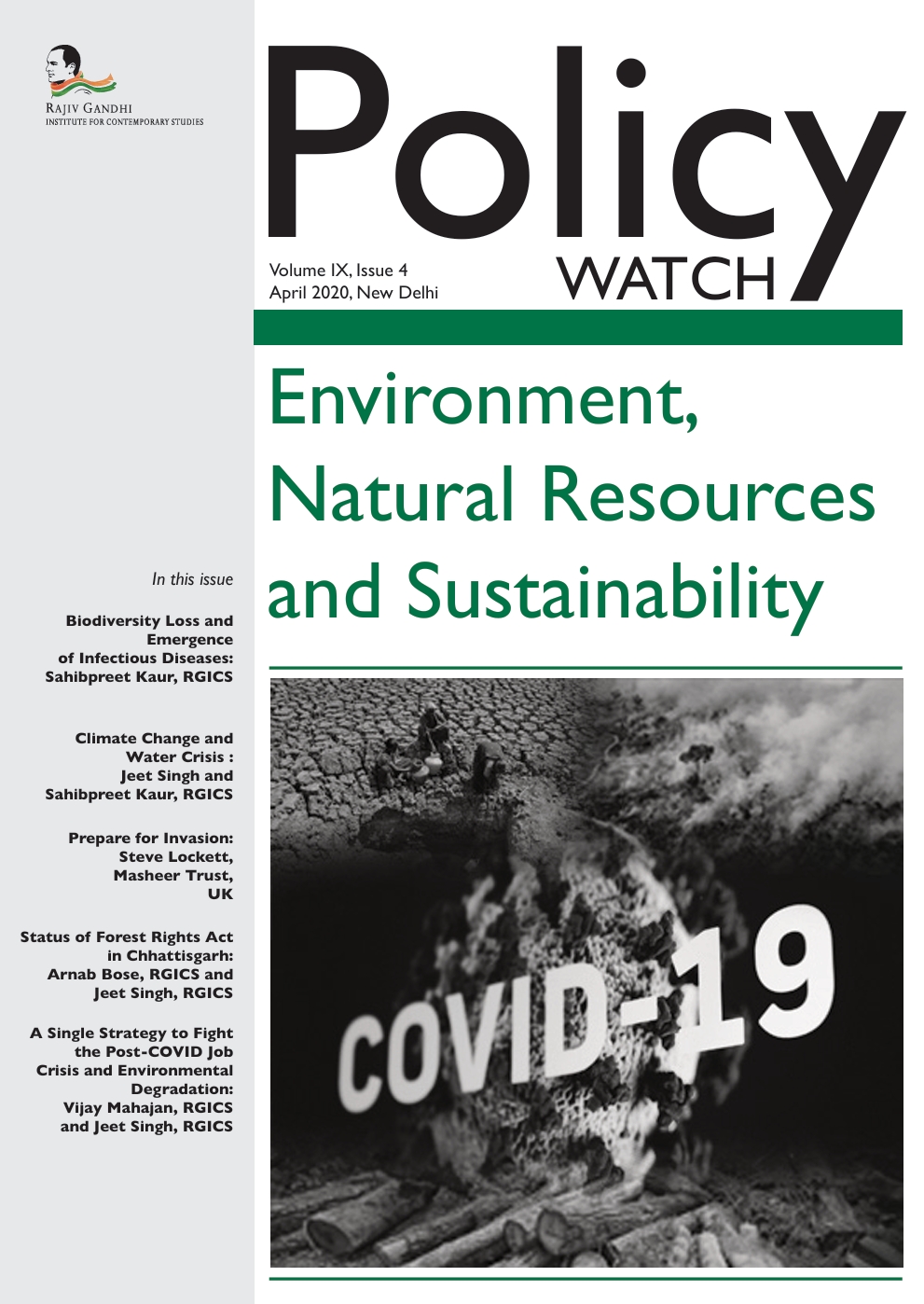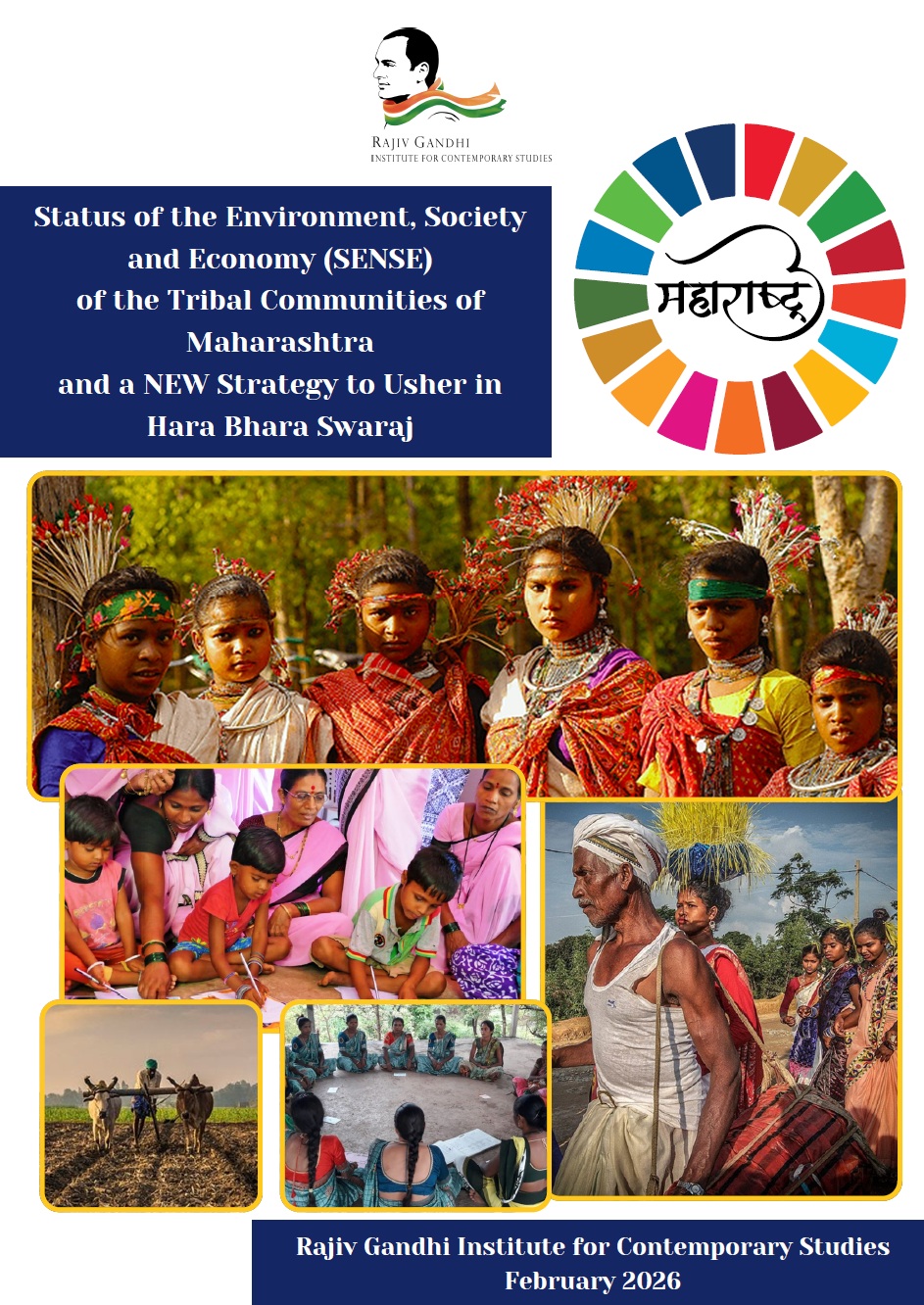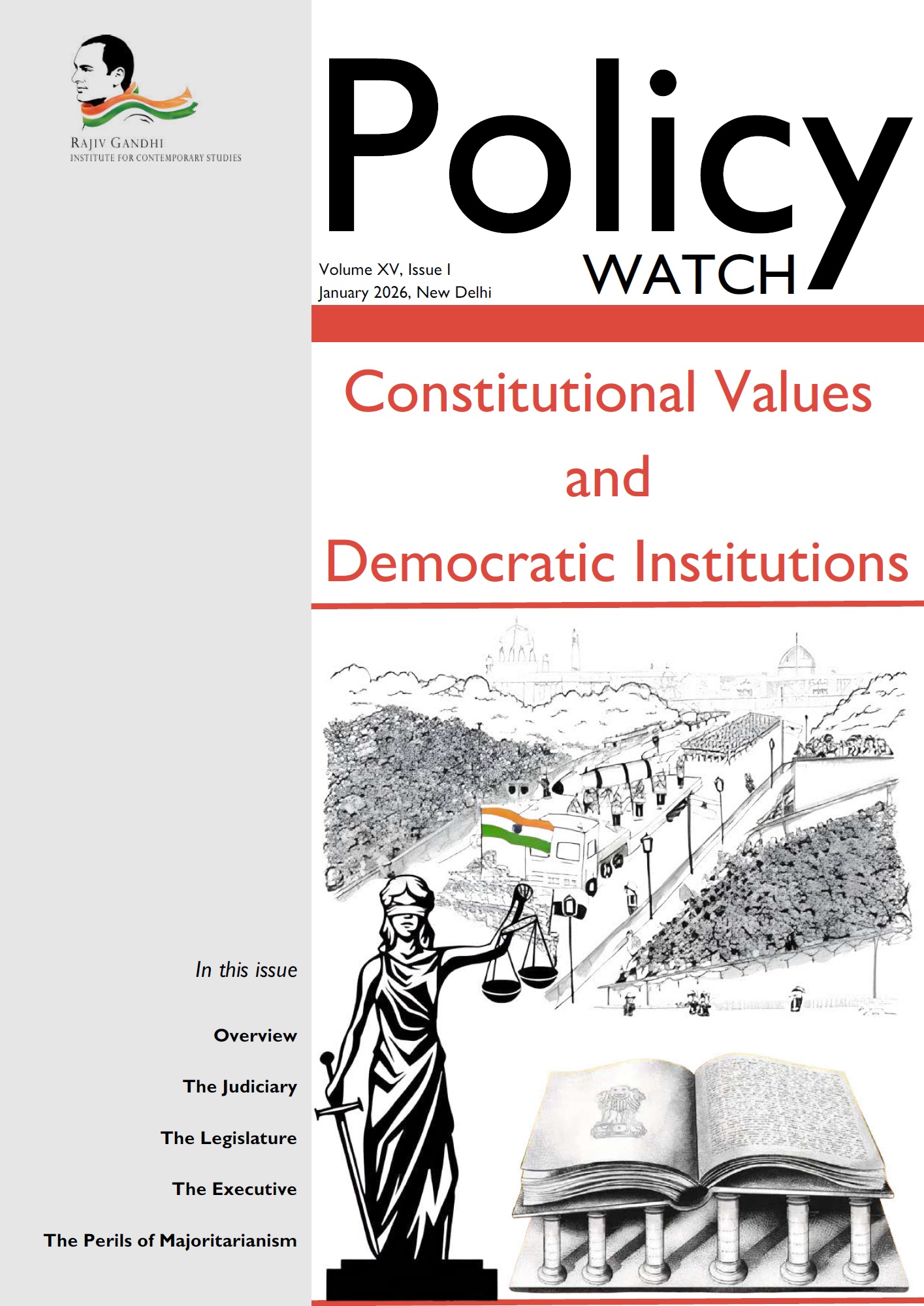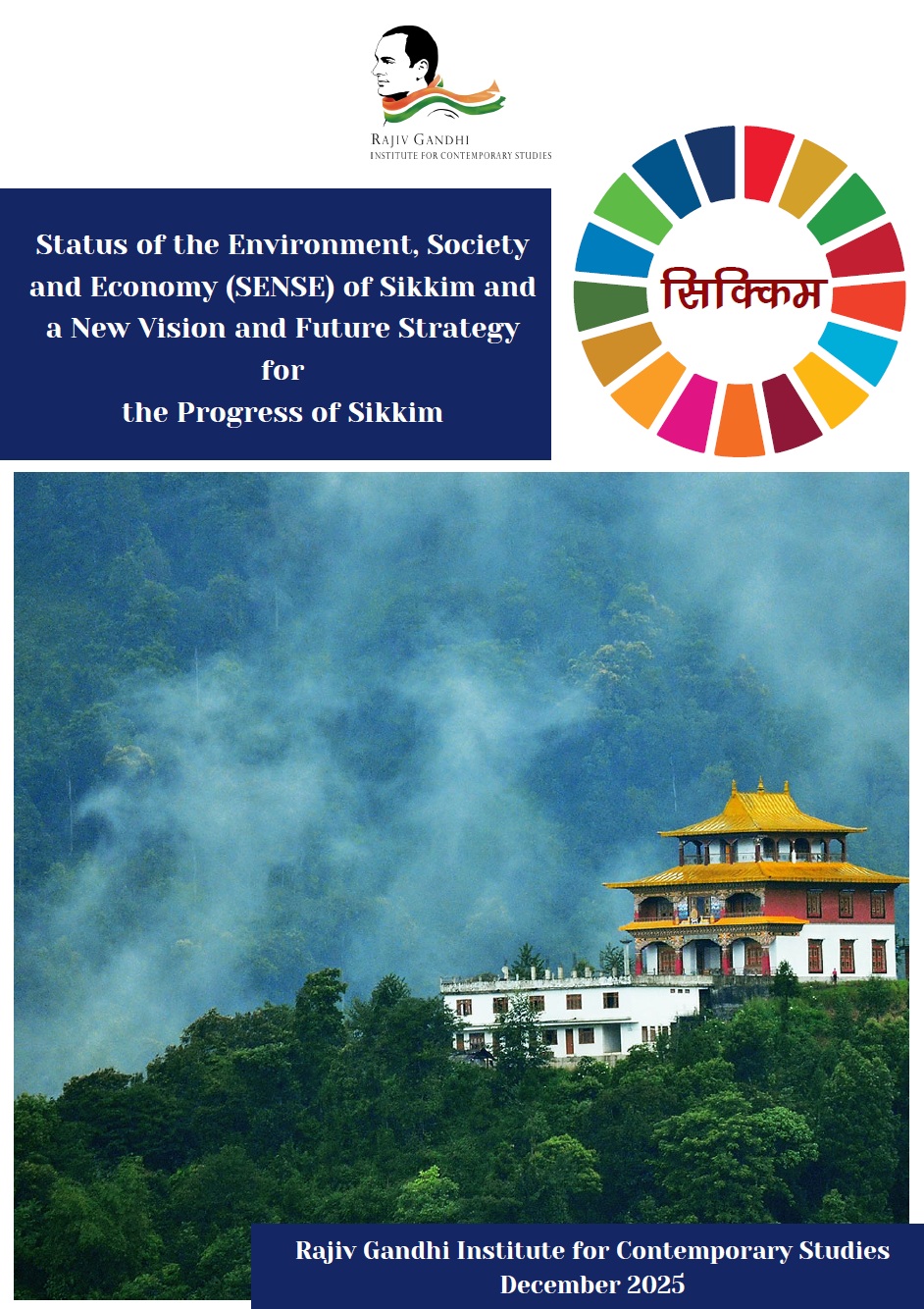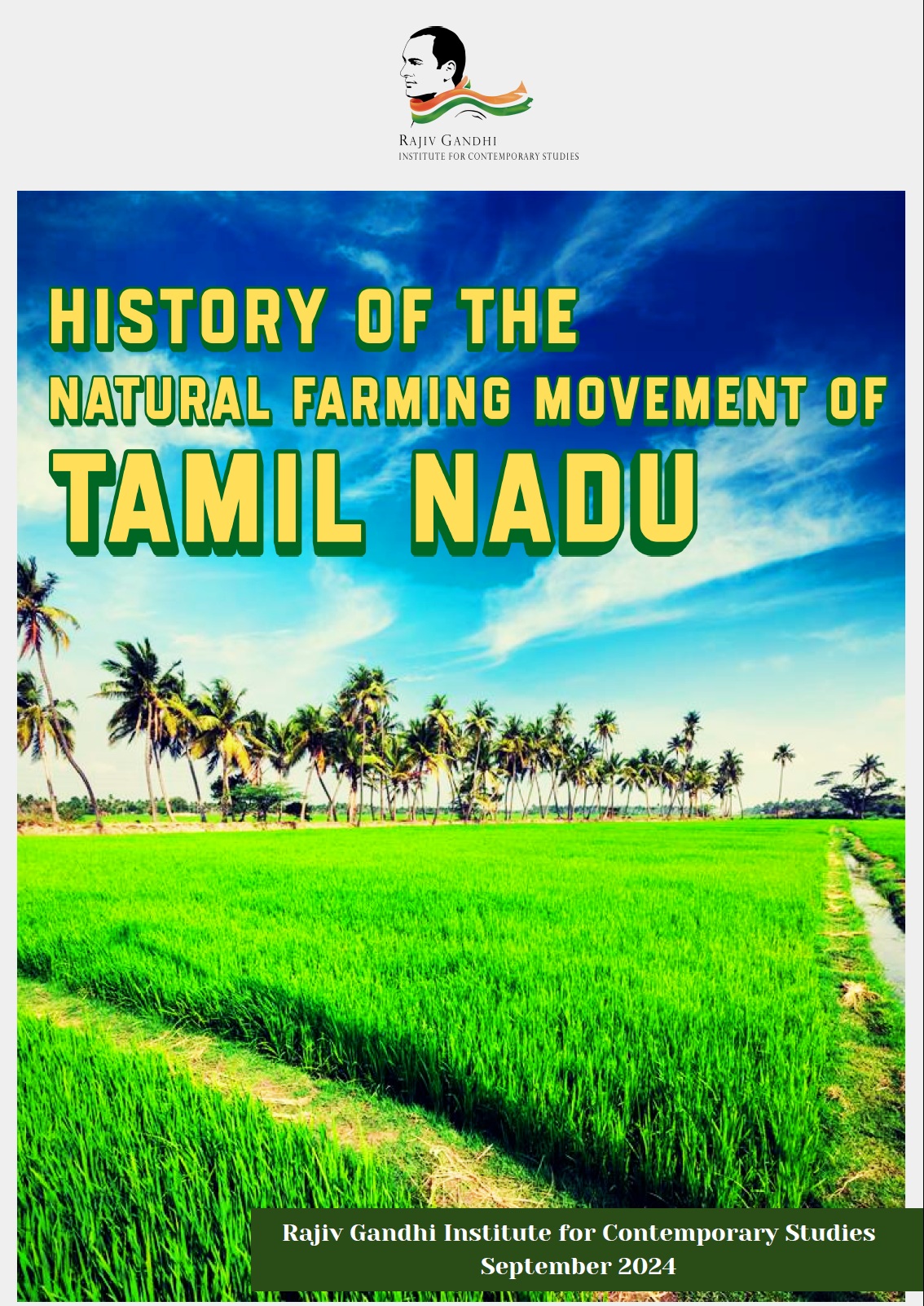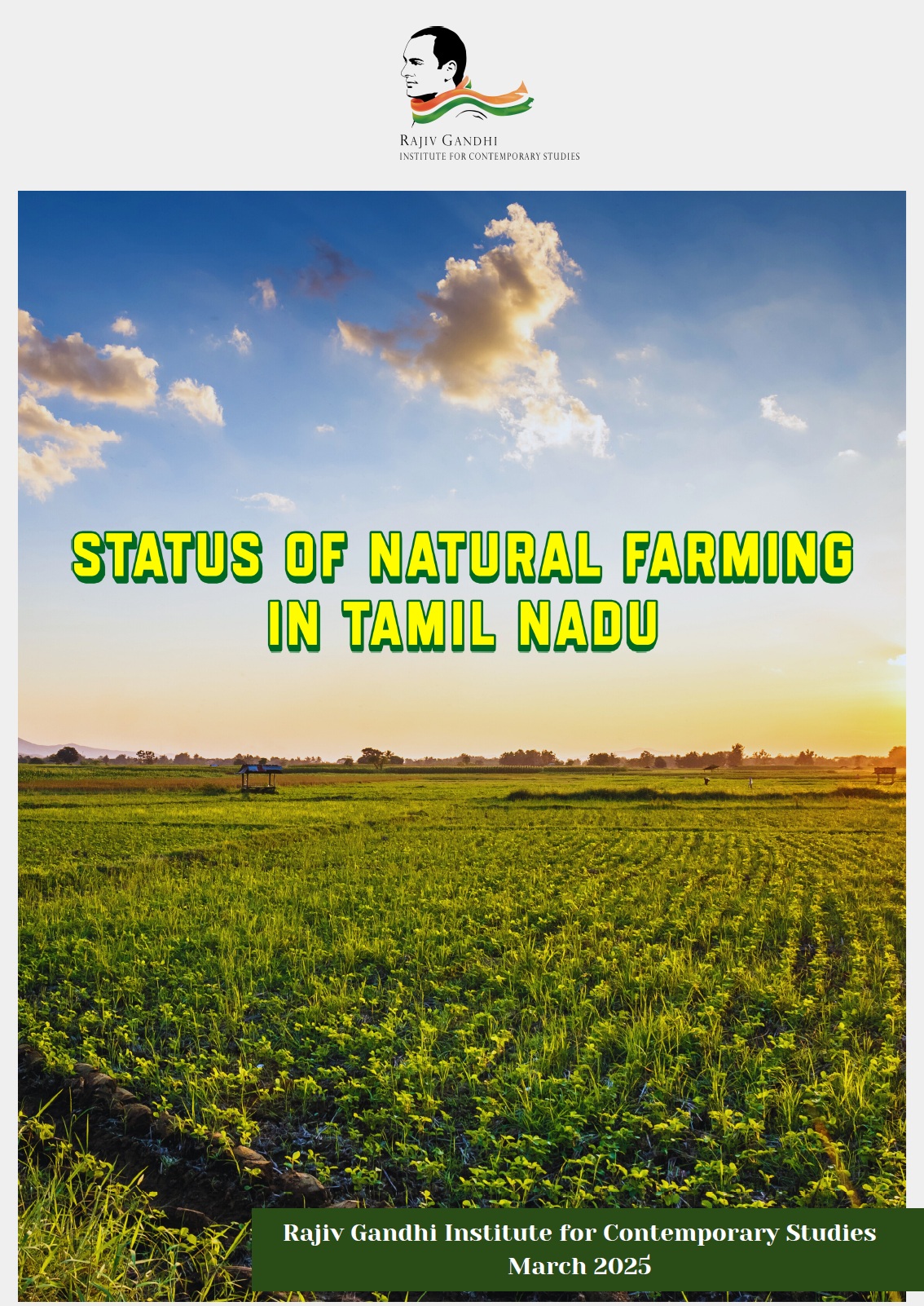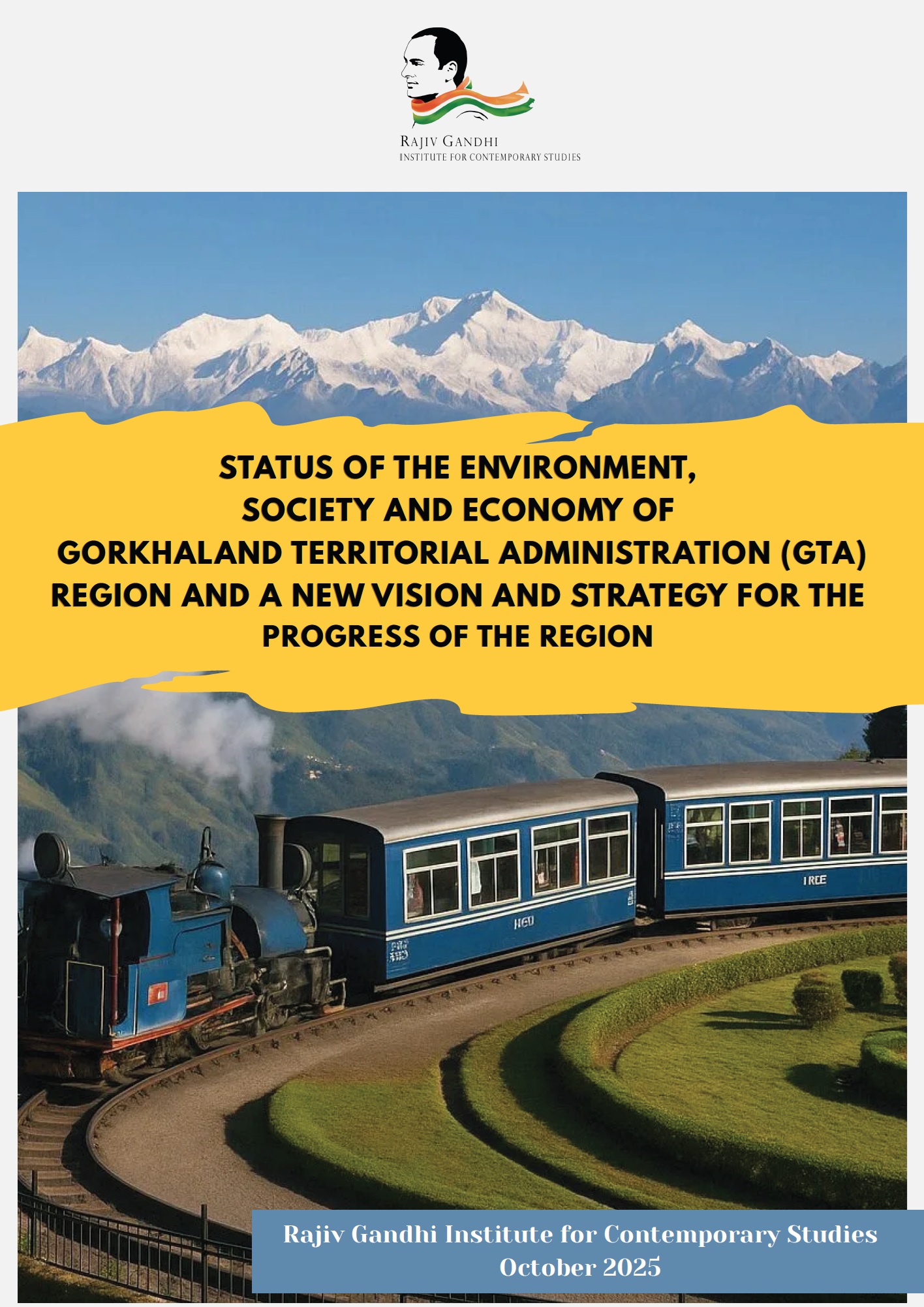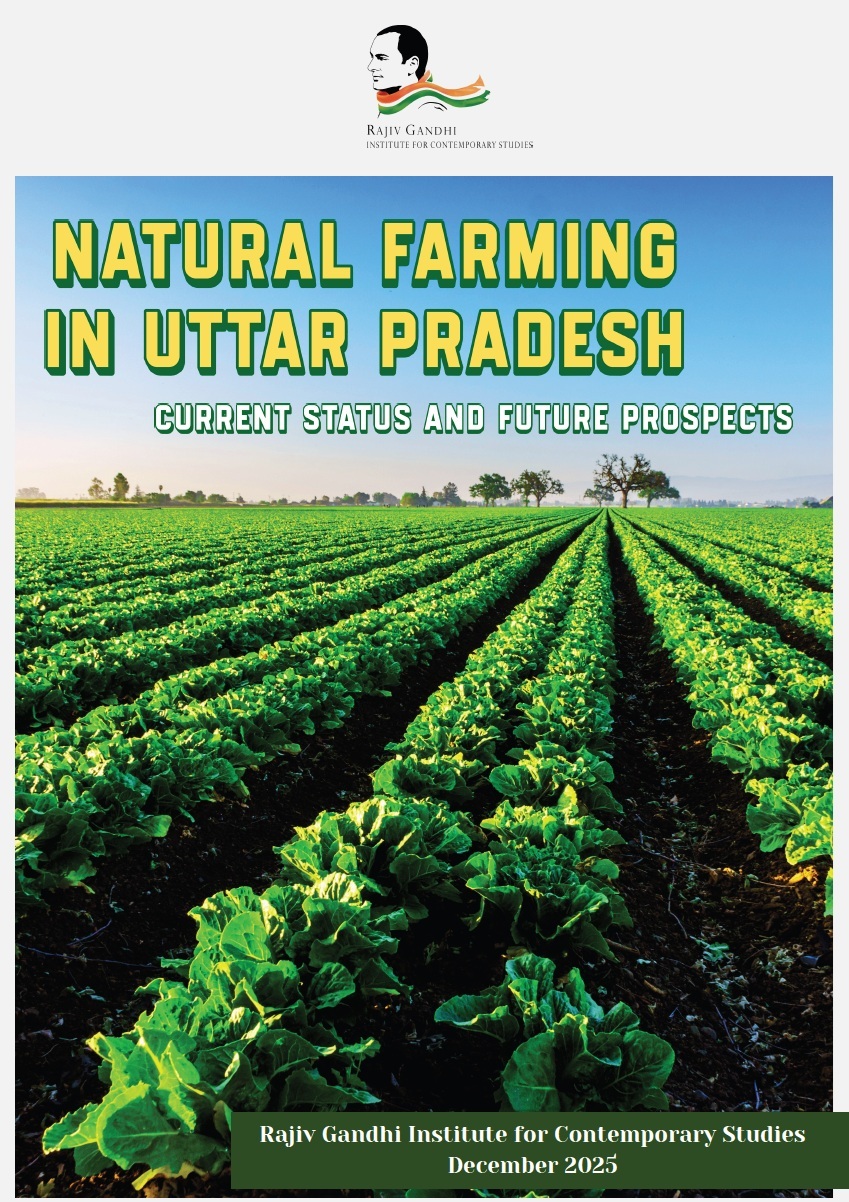Our last Policy Watch issue in March 2020 observed the contemporary issue of impact on growth and employment due to the COVID-19 pandemic.
The first article was triggered by a discussion between Dr. Chris Beyrer, Professor of Epidemiology at the Johns Hopkins Bloomberg School of Public Health in Baltimore, Maryland (USA), and Mr. Vijay Mahajan, Director, RGICS. Later, Ms. Sahibpreet Kaur, Research Associate, RGICS, analyzed available literature on the relationship between zoonosis and biodiversity. The article focuses on how loss of biodiversity led to the transmission of various viruses, including COVID-19, from wildlife reservoirs.
The second article continues with the theme of what caused the COVID pandemic. Apart from a brief video on What caused COVID – Environmental Destruction by us Humans! (https://youtu.be/kFA4m3_ZlCA), we carry a report on a presentation by David Albert and David Willis, two Gandhian environmentalists, on ‘Climate Change and Water Crisis’, organized by RGICS and Khudai Khidmatgar in February 2020. The report was prepared by Sahibpreet and Jeet Singh. A detailed video of the full presentation is available at https://youtu.be/hZQJsbaeENg.
The third article is by Steve Lockett of the Mahseer Trust (UK) (https://www.mahseertrust.org/), whose motto is “Because rivers need fish and people need rivers.” The article focuses on challenges to biodiversity due to invasive fish species in India and highlights policy gaps responsible for their introduction.
The fourth article, by Arnab Bose and Jeet Singh, assesses the implementation of the Forest Rights Act, 2006, in Chhattisgarh. It examines successes, limitations, and hindrances at national and state levels in enforcing the Act.
The final article, by Mr. Vijay Mahajan (Director, RGICS) and Jeet Singh (Fellow, RGICS), addresses the jobs and income crisis faced by rural workers—both the underemployed and those who migrated back to villages due to the pandemic. It suggests utilizing this workforce under MGNREGA for natural resource regeneration (jal, jangal, jameen—water, forests, and land) and combating climate change impacts, thus achieving a dual objective.
We hope readers find these articles insightful and that policymakers apply some of the lessons to design better policies and programs with people’s participation.
Policy Watch: Environment, Natural Resources and Sustainability – April 2020
Send download link to:

